12 Unusual Fruits and Vegetables to Shake Up Your Meals
Mar 02, 2016
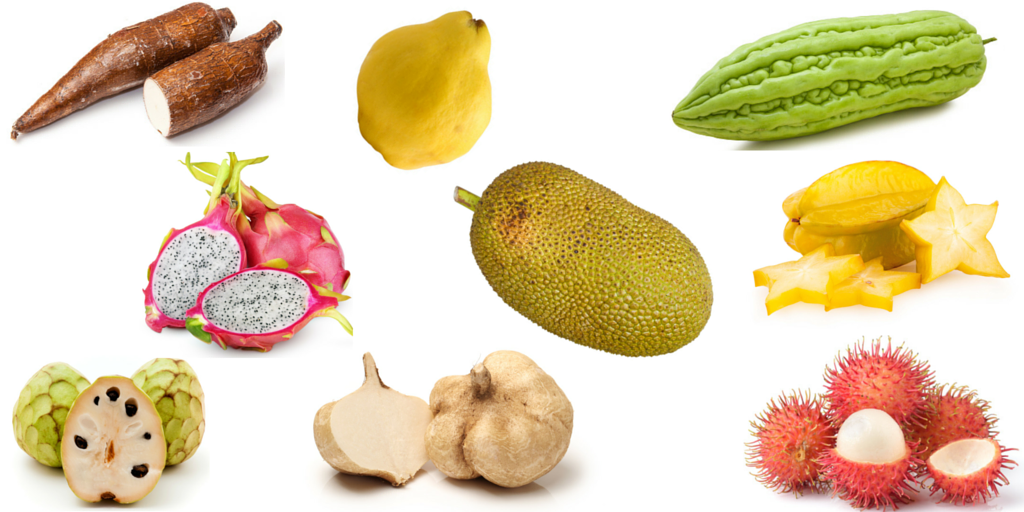
This post may contain affiliate links. Please read our disclosure policy.
We all have our favorite fruits and vegetables, but sometimes it’s nice to break away from the ordinary and try something different. Next time you find yourself wanting a change of pace, try one of these lesser known produce items. If you’re stuck in a meal rut, a great way to break it is to grab a different fruit or vegetable from the produce department. It’ll inspire you to find new recipes and shake up your diet.
Here are 12 unusual fruits and vegetables that can help you shake up your meals:
Rambutan
Don’t let the hairy exterior of rambutan scare you! The outside spikes are soft and this fruit is easy to peel. Inside, you’ll find a white fruit that is both juicy and sweet. Kids are especially fond of rambutan because they look like a fruit you’d find in a Dr. Seuss book.
Cherimoya
Mark Twain proclaimed cherimoya as the best tasting fruit known to man. Who are we to argue with Twain? Cherimoya is extremely delicious! The flavor is a blend of pineapple, pear, lemon, mango, and strawberry. To eat a cherimoya simply cut the fruit into wedges, spoon out the flesh, and discard the seeds. Add cherimoya to fruit salads for a tropical flair.
Bitter Melon
Bitter melon is an Asian gourd that resembles a cucumber but with a bumpy exterior. As the name suggests, bitter melon is bitter. You can predict the bitterness by looking at the coloring—a dark green color indicates more bitter flavor and light green indicates a less bitter flavor. You’ll mostly see bitter melon used in stir-fries. Many believe that bitter melon has medicinal value because it contains a chemical that helps reduce blood sugar levels.
Cardoon
Cardoon is not a well known vegetable in the U.S. but in other parts of the world it is a delicacy. Cardoon is a member of the thistle family and a close relative to the artichoke. Like celery, the edible part of cardoon is the stalk. To eat cardoon, it needs to be fried, steamed, or sauteed. Watch this helpful video from Ocean Mist Farms on cooking with cardoon.
Jicama
Jicama (pronounced HEE-kah-muh) is a round root vegetable that has a similar texture to a turnip, but tastes more like an apple. Jicama can be stored in a cool, dark place for up to four weeks. Jicama is a great addition to salads and slaws.
Jackfruit
Without question, the first notable thing about jackfruit is its sheer size. Jackfruit can reach up to 100 pounds! It is hardly believable that jackfruit grows on trees, but it does. Each jackfruit contains hundreds of seeds that are high in protein, potassium, calcium, iron, and vitamin B. Many people describe the taste as being similar to Juicy Fruit chewing gum.
Jabuticaba
Jabuticaba are similar in appearance to grapes and are native to Brazil. They are typically consumed out-of-hand like grapes, although some people use jabuticaba in jams and for baking. Out of every produce item on this list, jabuticaba will be the hardest to purchase outside of its native growing area, but we had to mention it because of how it grows. Jabuticaba grows right on the bark of the tree, all the way down the tree trunk. It is a spectacular sight to see!
Yucca Root
Yucca root, also known as cassava, is a starchy tuber that grows in arid parts of North and South America. Yucca root is a staple in Latin American cuisine. It is incredibly versatile and can be mashed like potatoes, grilled, boiled, or fried. Many people use yucca root as a substitute for potatoes and it is also used to make tapioca flour.
Carambola
You may know carambola as “star fruit.” It gets this nickname because when you slice carambola across its middle, it creates a perfect 5-point star. Carambola is grown in many tropical locations around the world. It has a waxy exterior and a juicy interior— both of which can be eaten. Carambola is high in vitamin C and around 30 calories per fruit, making it a guilt-free snack!
Quince
Quince have a fun history as some people speculate that it was the Garden of Eden’s “forbidden fruit” and also the “golden apple” that Paris gave Aphrodite that began the Trojan War. Quince takes a little more work to eat than most fruits because they must be cooked. In their raw form, they are rock-hard and very sour. But once quince is cooked, it becomes sweet and delicate.
Dragon Fruit
Dragon Fruit, also known as pitaya, are a vibrant pinkish/red on the outside and are either white or pink on the inside. The taste is mild and sweet—many compare it to melon. The plant that dragon fruit grows on is a type of cactus. To eat a dragon fruit, one must simply cut it in half and scoop out the flesh. The tiny black seeds inside are edible and do not need to be removed.
Buddha’s Hand
Buddha’s hand is a strange-looking fruit, indeed! This fragrant fruit is part of the citron family. It has no juice and no pulp, so what can you do with it? Lots of things! Many people use Buddha’s hand to create candied citrus or to infuse vodka. But it can also be zested and added atop salads or seafood dishes.
How many of these 12 unusual fruits and vegetables have you tried? Which ones do you plan to try now that you know a little about them? Please share in the comments below!

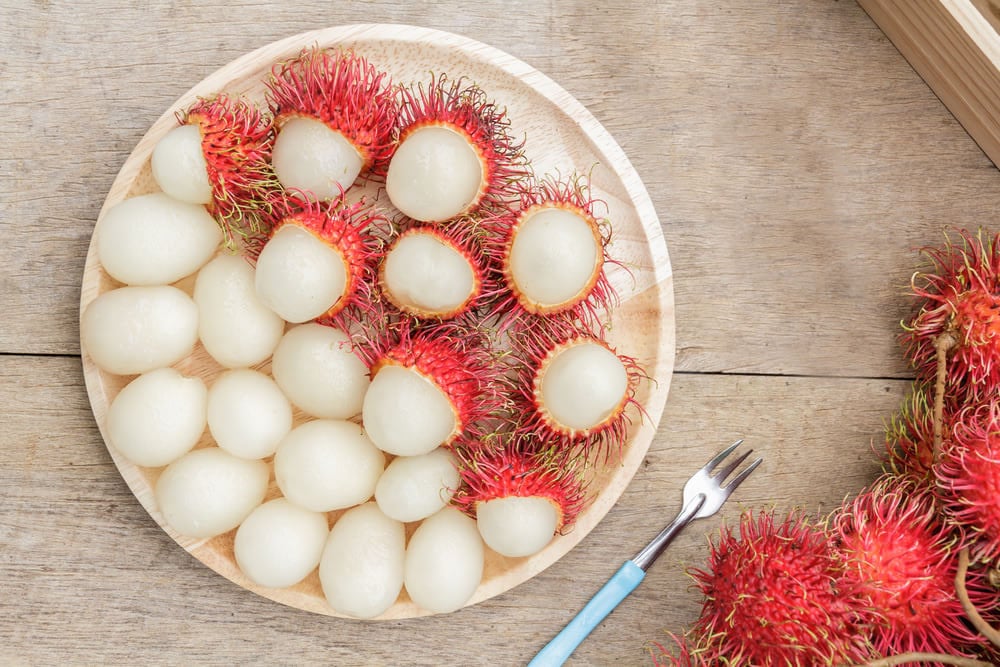
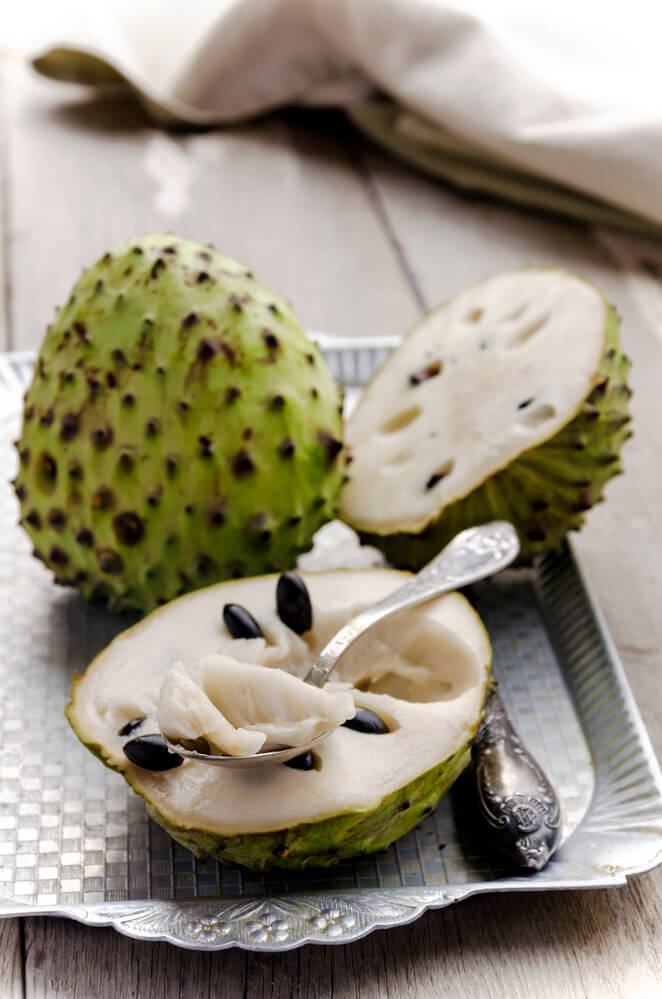
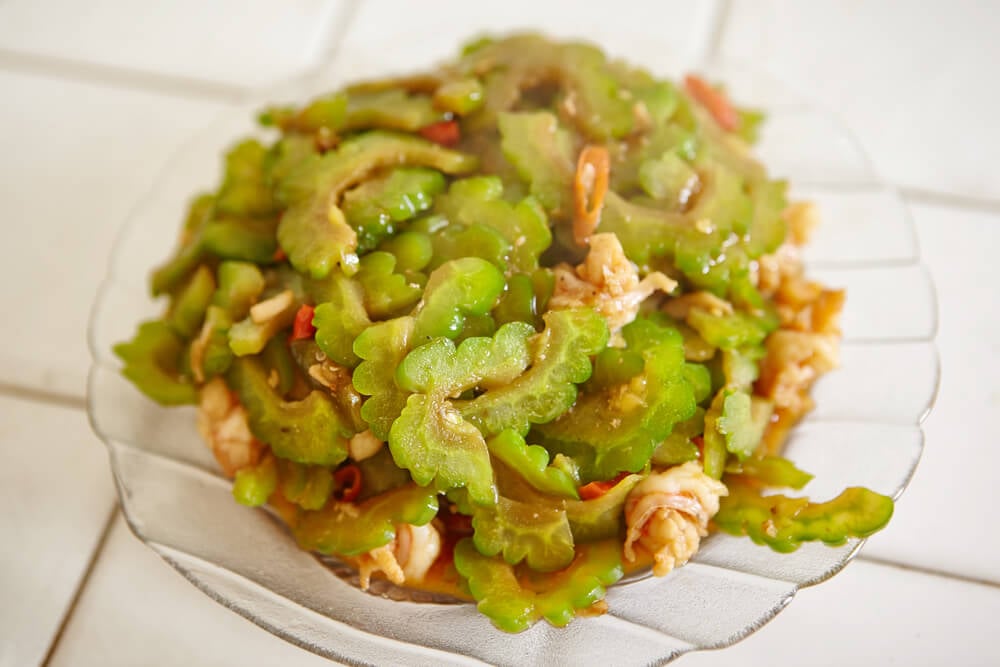
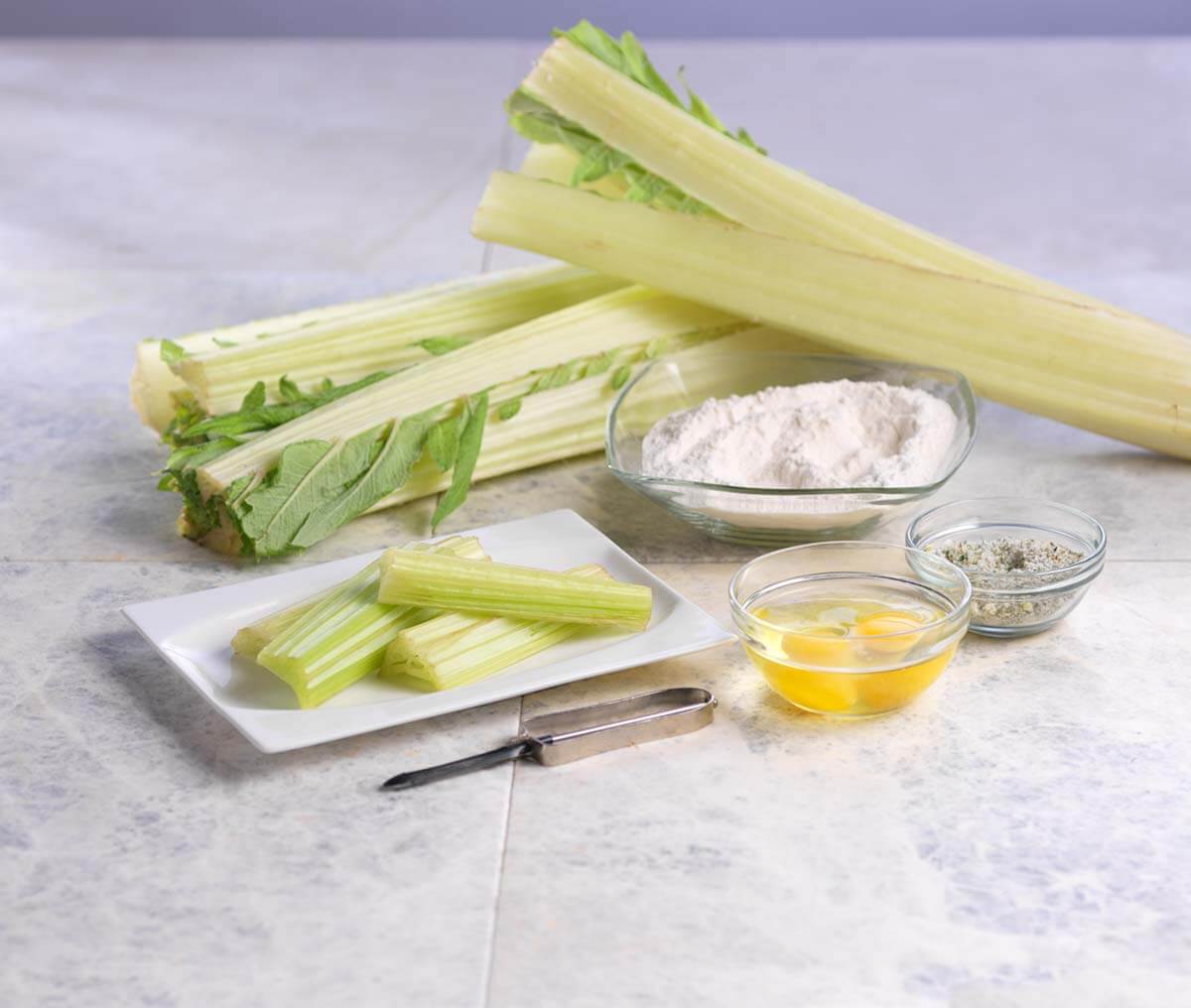
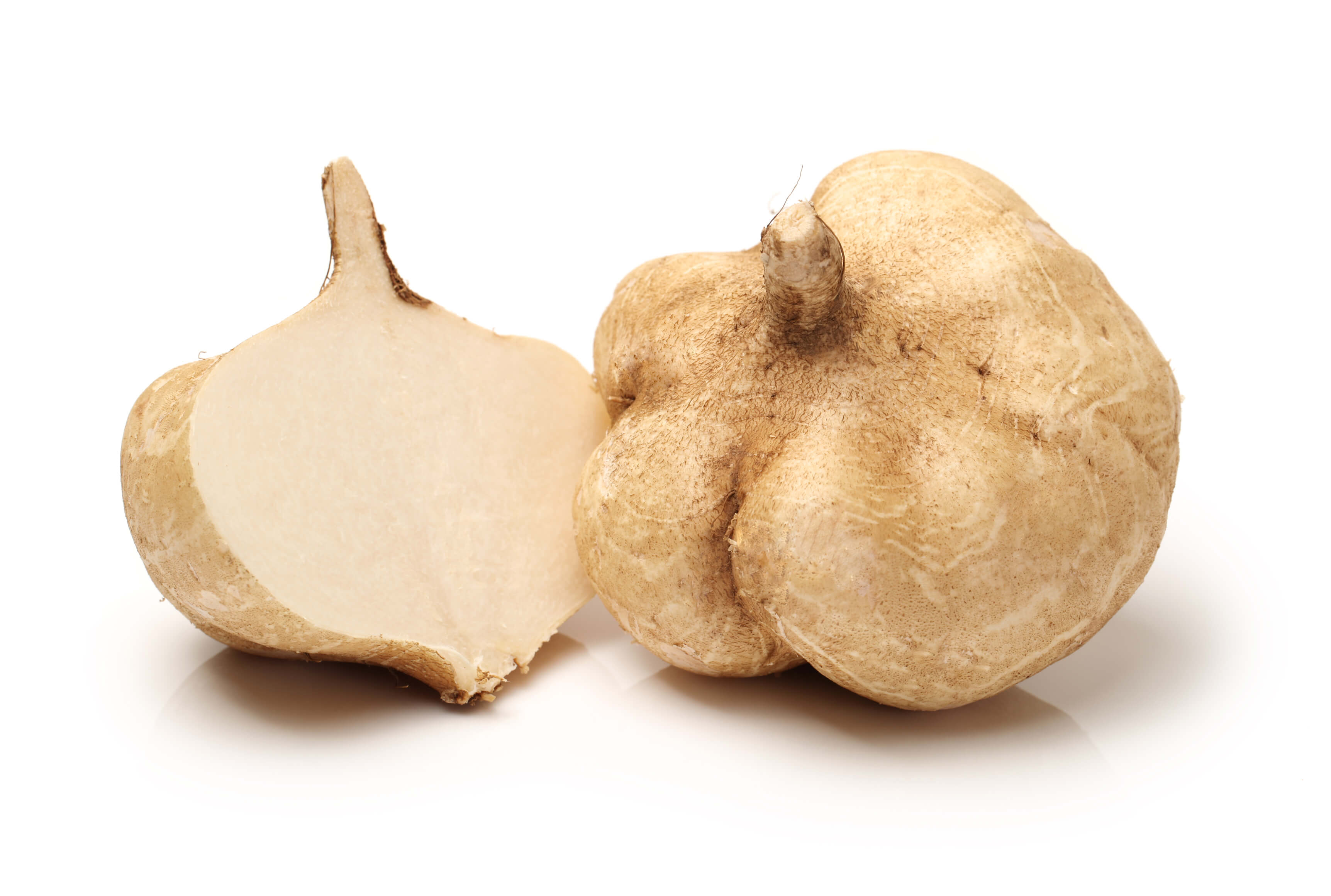
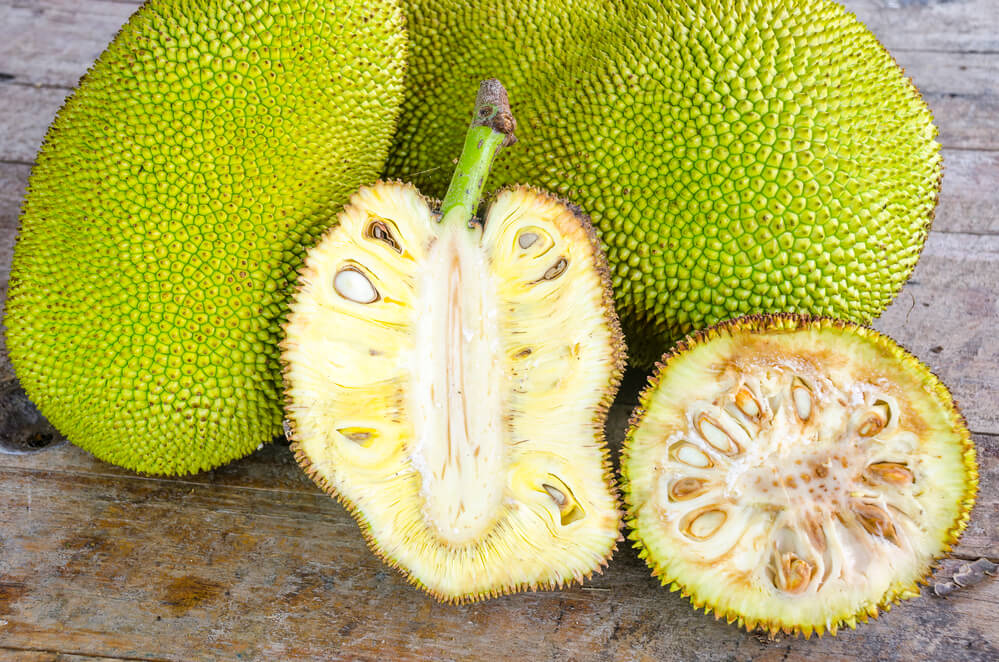
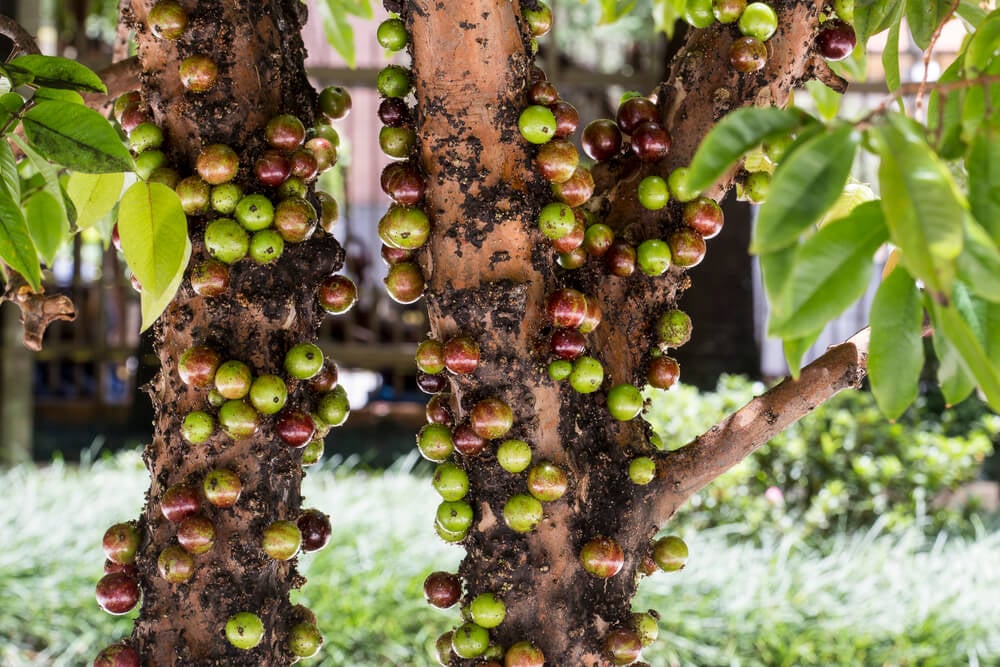
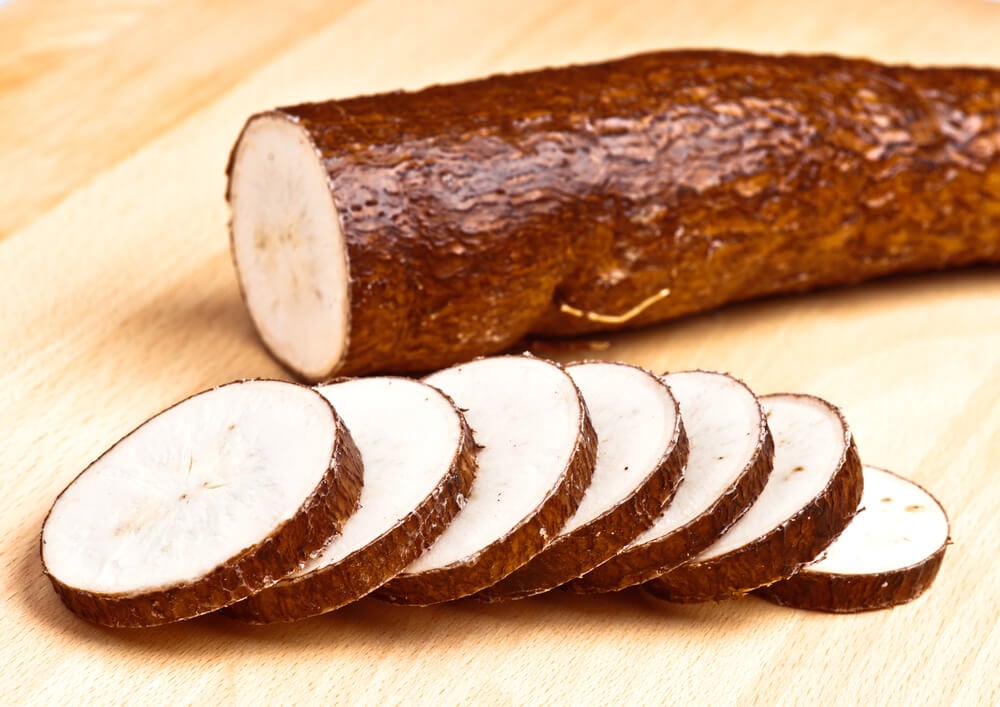
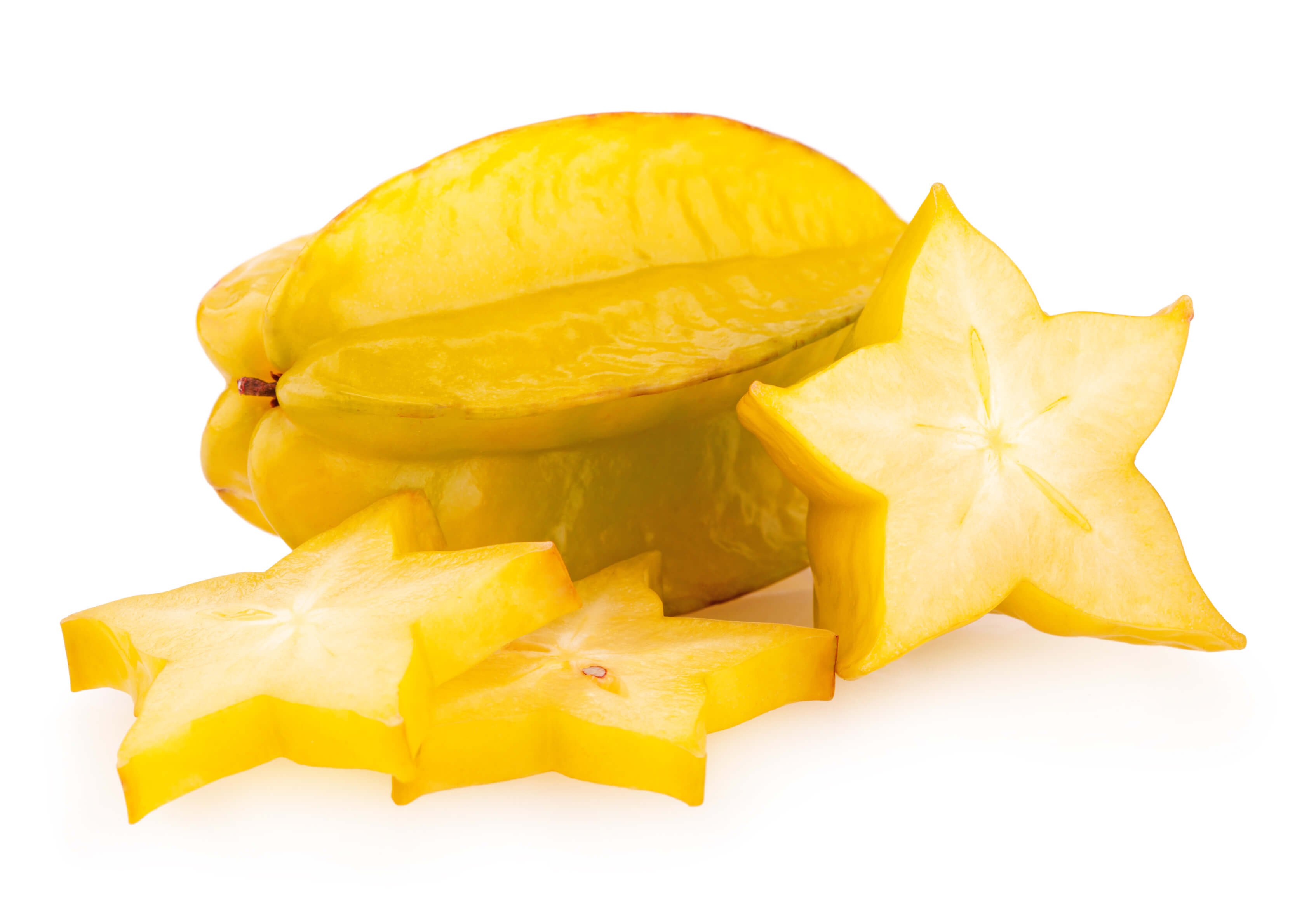
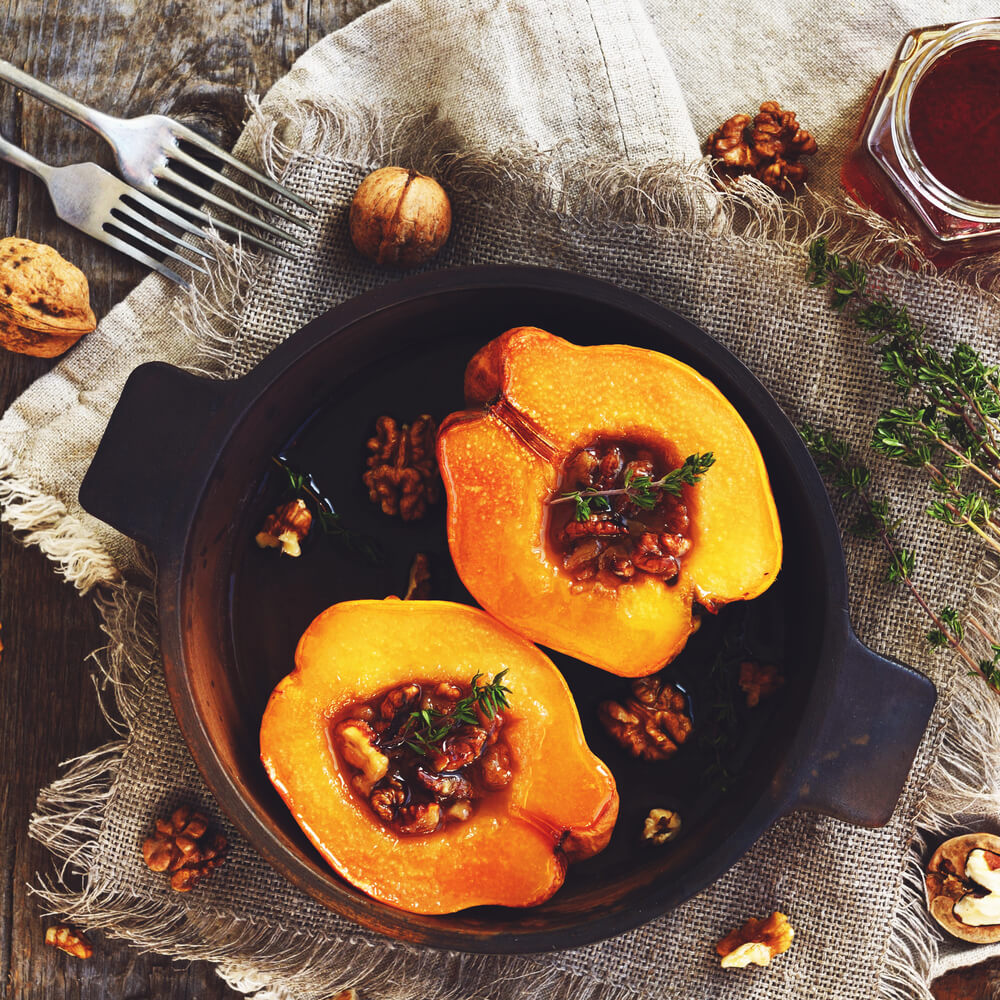
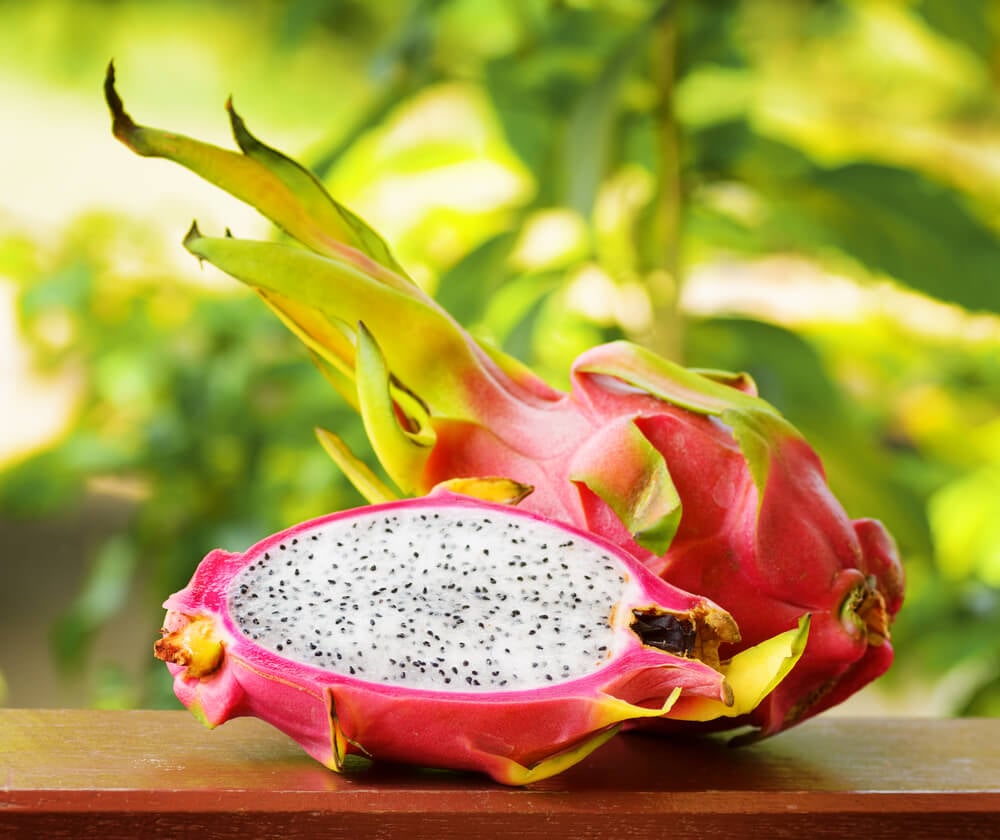
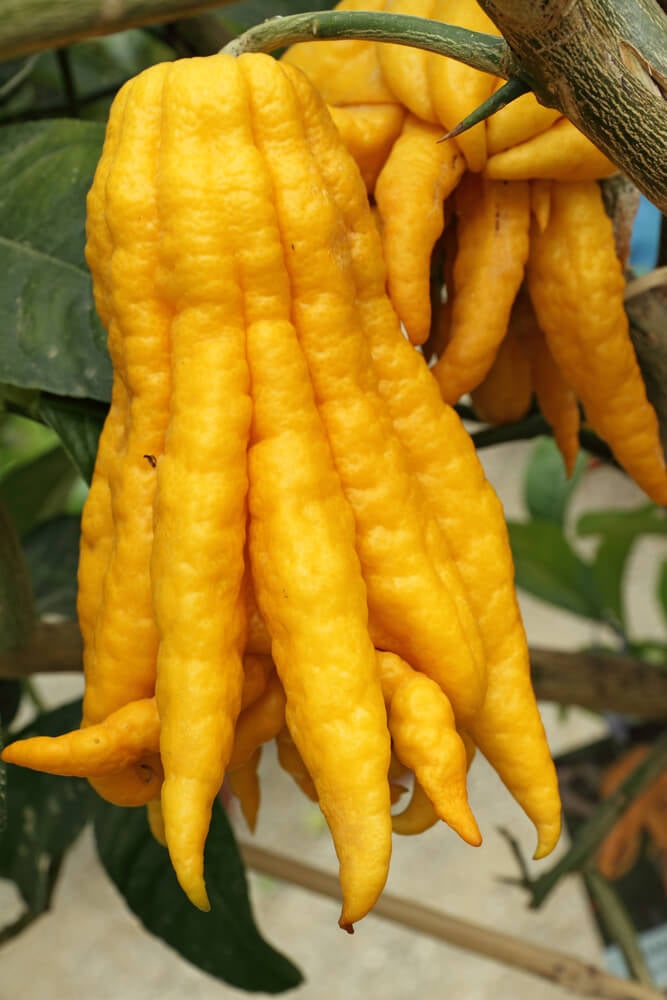
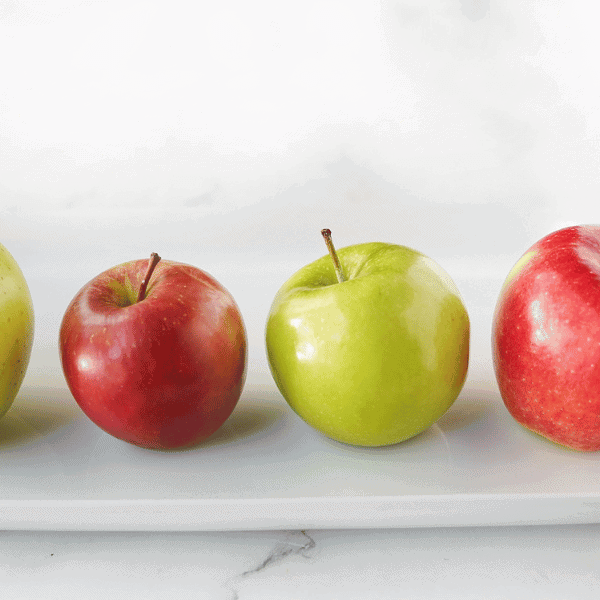
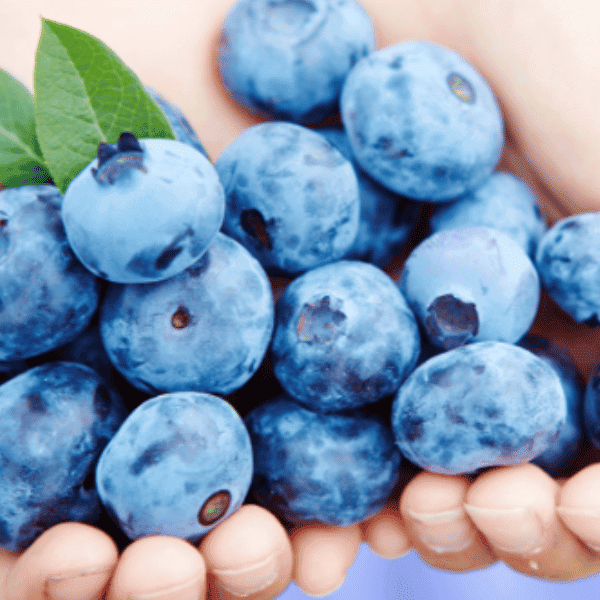
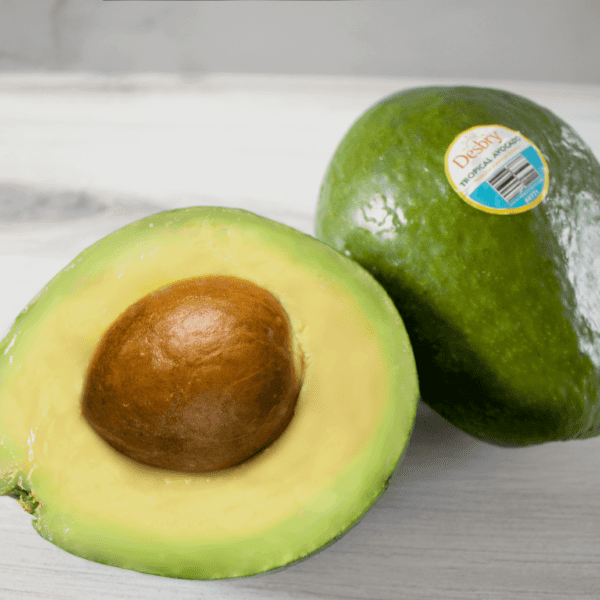
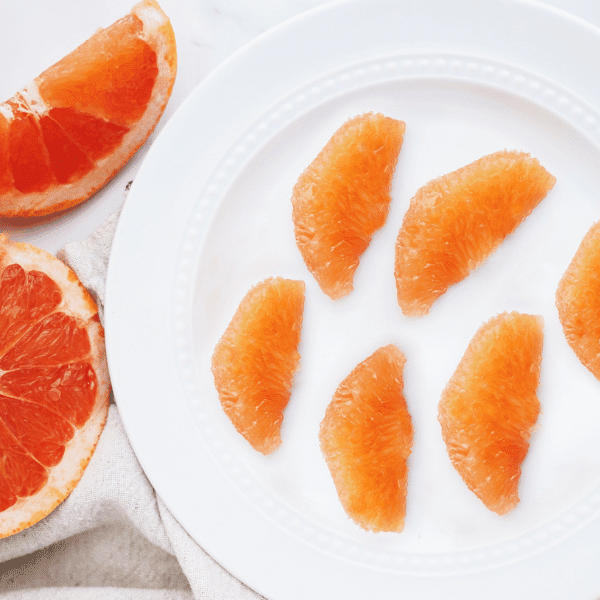


Hi this is really amazing
vegetables, yuck.
Hah! With an attitude like that… it’s safe to say you’re on the wrong website.